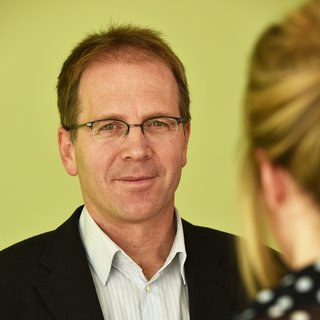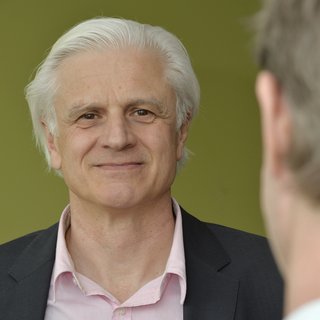Following their set-up phase from 2013 to 2016, the eight networked inter-university Swiss Competence Centers for Energy Research (SCCERs) are to be consolidated and strengthened up to the end of 2020. A look at the interim findings.

With its Energy Funding Programme, the federal government aims to promote energy research, and thereby support the implementation of the Energy Strategy 2050. A central element of the Programme is the establishment of eight networked inter-university centres of research excellence, known as the Swiss Competence Centres for Energy Research (SCCERs). While the focus of the first funding period (2013–2016) was on establishing the SCCERs, the second funding period up to 2020 should see the SCCERs, and collaboration, consolidated and strengthened.
A consortium of research organisations, including INFRAS, investigated whether or not the objectives of the Energy Funding Programme had been met (SCCER Accompanying Research). Drawing on desk analysis, interviews with the research institutions involved. as well as an online survey of implementation partners, they drew the following conclusions in their review of the 2017 to 2019 period:
- The Energy Funding Programme has generated further progress in collaboration between research institutions and academic disciplines. Universities of applied sciences have also become significantly more involved in energy research.
- Knowledge and technology transfer in energy research has improved, driven in particular by collaboration between higher education institutions and implementation partners on specific research projects.
- The Energy Funding Programme has also resulted in the creation of additional research capacity. For example, more research is now being done into energy-related issues, it is better coordinated, and there is also a greater degree of interdisciplinary collaboration.
Looking ahead to the post-2020 phase, the research findings indicate that a federal government-level research instrument will be required in addition to the higher education institutions' own efforts. Otherwise, it will not be possible to maintain the research capacity and networks that have been established to date, much less to strengthen them further. This is nonetheless vital if energy research can continue to make the necessary contribution to the Energy Strategy beyond 2020.
An overview of the INFRAS reports: Synthesis, Final Report Module 3a, Final Report Module 4. Further information on the SCCER Accompanying Research can be found here.


